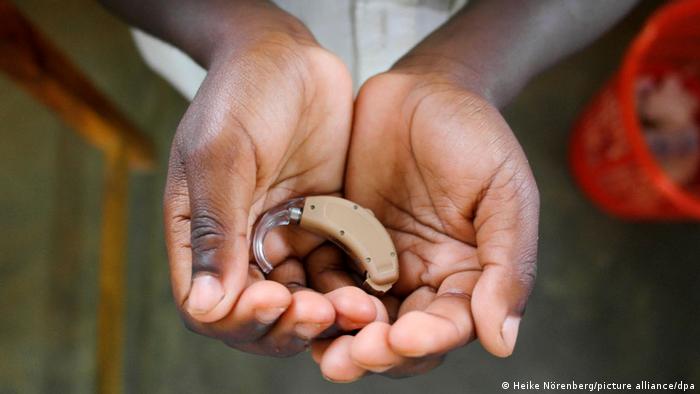A “LANDMARK”;; breast cancer drug could boost survival for 8,000 women in the UK, scientists say.
The treatment, capivasertib, doubled the number of women whose tumours shrank – to 23 per cent from 12 per cent with standard treatment.
And it held off progression of the disease for 7.2 months compared to 3.6 months.
It targets a type of breast cancer called HER2-negative – around 70 per cent of all cases.
The drug is made by UK firm AstraZeneca and was trialled by the Institute of Cancer Research (ICR) in London, who now hope NHS regulators will give it the green light.
Professor Kristian Helin, chief of the ICR, said: “This is a landmark moment for the treatment of advanced forms of the most common type of breast cancer.
“Capivasertib could offer a completely new treatment option for these patients.”;;
For the research, scientists randomly assigned 355 patients to receive capivasertib plus fulvestrant and 353 patients to receive a placebo plus fulvestrant.
The new drug regime was also more effective for the four in 10 patients whose cancers had mutations to the AKT signalling pathway, with 29 per cent seeing their tumours shrink compared to 10 per cent on the placebo combination.
Experts at the ICR said side effects from the treatment were managed with hormone therapy and were consistent with previous studies.
Trial leader, Professor Nick Turner of the Molecular Oncology Department at the ICR said it’s a ‘fantastic finding’ for patients with breast cancer.
He explained that people with this type of advanced illness will eventually see their cancer stop responding to treatment, and it will progress.
“We’re delighted that this potential first-in-class drug combined with hormone therapy can slow the progression of these advanced cancers, and in almost a third of cases can shrink tumours.
“We are hopeful that capivasertib combined with hormone therapy will now become a new treatment option for patients whose cancer has progressed on hormone therapy plus a CDK4/6 inhibitor.
“We believe this new treatment could allow more women and men to live well and live longer with breast cancer.”;;
Linda Kelly, 65, from Milton Keynes, joined the trial at the Royal Marsden in August 2021 after her breast cancer spread to her bones and chest wall.
She said: “The results have been amazing. There has been a substantial reduction in my disease, my cancer has not progressed, and I haven’t had any new tumours.
“The treatment is far less debilitating than chemotherapy and I’ve been given the gift of a longer life.”;;




